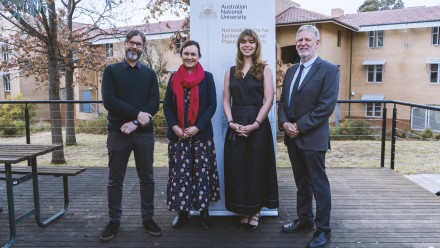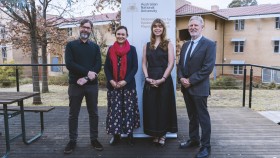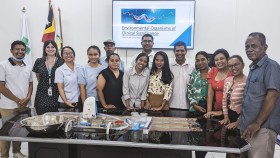A window on our health
Share
People want to live healthier and more fulfilling lives for as long as possible, and they want this for their children and grandchildren. Population health research is playing a major part in finding ways to improve people’s health and wellbeing.
Epidemiologist Professor Emily Banks is working with The Sax Institute, and other groups, on the 45 and Up Study, which will help discover ways of preventing and providing better care for a range of health problems. She says it is the largest cohort study ever conducted in Australia, involving more than 260,000 men and women aged 45 years and older in New South Wales – more than 10 per cent of this age group in the state.
"Large scale epidemiological evidence can provide reliable answers to 'real world' questions," says Banks, who is the Scientific Director of the 45 and Up Study and head of the Chronic Disease Epidemiology group.
Participants in the 45 and Up Study provide information about their employment, housing, lifestyle, health, health service use and other personal details, first when they are recruited, and then every five years subsequently. They also give consent to the project researchers to follow their health over time, through linkage to data on health and health services.
Over 70 projects are approved to use that data, ranging from studies of mental health and cancer to health services use.
One of these projects found that people who have been treated for cancer in the previous month are 50 per cent more likely to have high psychological distress than thosee who have never had cancer. The good news is that cancer survivors can be assured that they should, in general, be able to re–establish their emotional equilibrium once they have been through the period of diagnosis and treatment, especially if they remain able–bodied.











